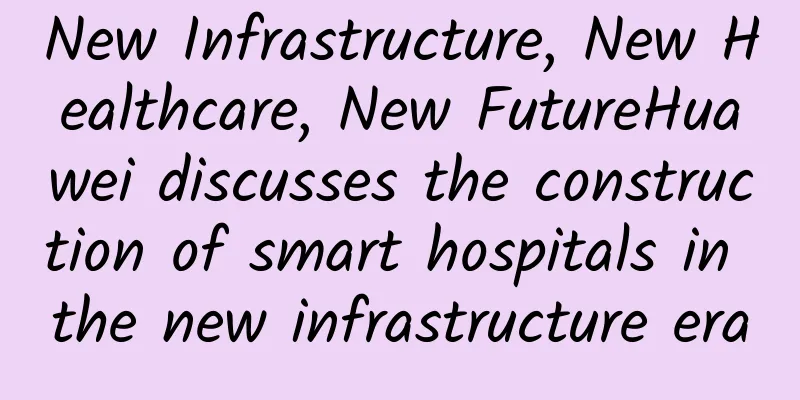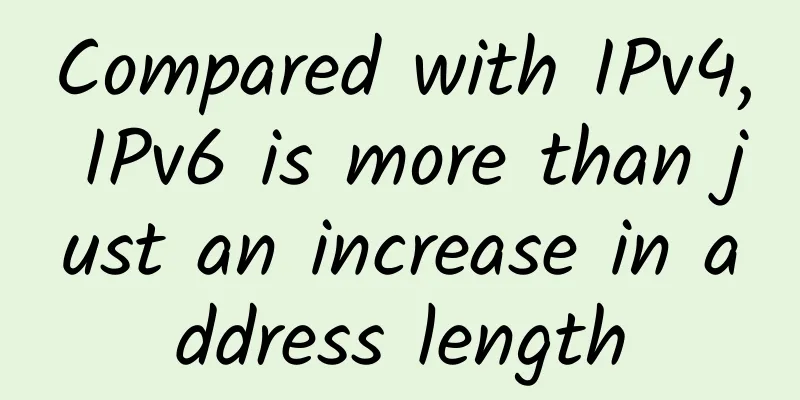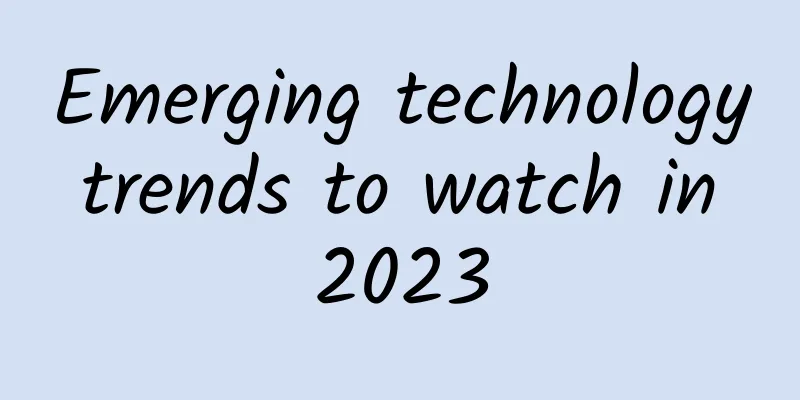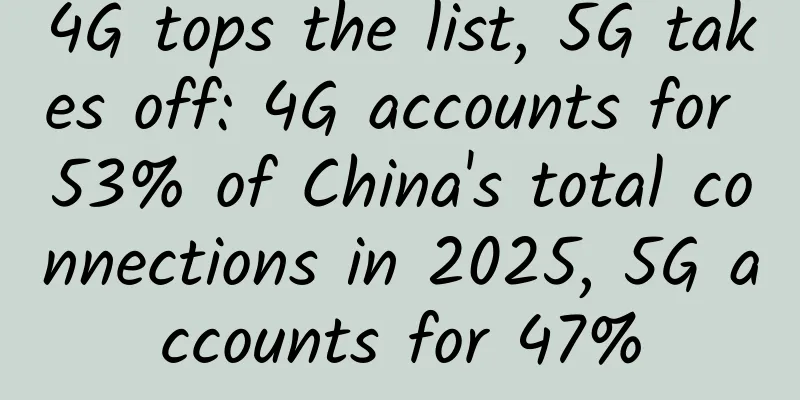New Infrastructure, New Healthcare, New FutureHuawei discusses the construction of smart hospitals in the new infrastructure era

|
[51CTO.com original article] As a representative of the new system, new power and new direction, the new infrastructure is promoting the transformation and change of government, industry and other dimensions, and the construction of smart hospitals has also ushered in a rare historical opportunity. Recently, a webinar on the construction of smart hospitals in the new infrastructure era, co-organized by the Information Professional Committee of the Chinese Hospital Association, China Hospital Magazine, and Huawei Technologies Co., Ltd., was successfully held. Hu Jianping, deputy director of the Statistics and Information Center of the National Health Commission, Wang Caiyou, director of the Information Professional Committee of the Chinese Hospital Association and China Hospital Magazine, Sheng Kai, president of Huawei's Government and Enterprise Business Medical Business Department, Du Yuantai, deputy director of Beijing Hospital, Zhu Weiguo, director of the Information Center of Peking Union Medical College Hospital, Shi Qingke, director of the Information Center of West China Hospital, and other important guests were invited to attend and conduct in-depth discussions on "how to seize the development opportunities of new infrastructure and accelerate the construction of smart hospitals." In the new infrastructure era, smart healthcare takes four steps Hu Jianping, deputy director of the National Health Commission's Statistics and Information Center, said that healthcare will be a key application area of the new infrastructure, and the integration of cloud computing, big data, artificial intelligence, the Internet of Things and other technologies with healthcare will be more in-depth. In the future, the new generation of information infrastructure will also play a more important role in the healthcare field. When talking about the future digital development direction of the medical industry, Hu Jianping believes that "the new infrastructure will promote the transformation and upgrading of medical services from informatization to intelligence. In the era of new infrastructure, the integration of hospital informatization and Internetization will advance to smart hospitals. The new future is more accurate, efficient, scientific, coordinated and safe medical care." He pointed out that the medical industry should seize the opportunities given by the times and push the construction of smart hospitals into a new stage. First, we need to accelerate the construction of a new generation of hospital data centers with cloud architecture, promote the construction of unified infrastructure, and provide unified computing resources, storage resources, network resources and other infrastructure for various application systems. We need to build a unified management system for service resources that can be deployed quickly to meet the needs of cross-system, cross-institution, cross-department and cross-regional business collaboration. The second is to promote hospital data governance, build an organizational system, clarify the division of responsibilities and data governance processes at all levels and departments of the hospital, establish an intelligent data platform, realize closed-loop management of the entire life cycle of medical and health data, strengthen data standardization, strengthen quality management, strengthen data analysis, and enhance the value of data application, so that hospital diagnosis and treatment will be more accurate, management will be more scientific, and operation will be more efficient. Third, a new round of upgrades to business application systems will be implemented in an orderly manner. Through digital and intelligent transformation, the human, financial, and material, medical, teaching, and research resources of medical and health institutions will all generate digital twins in the information world. The real world and the digital world will run synchronously, realizing the intelligent upgrade of hospital information systems. Fourth, improve the construction of the network information security system of the health industry. Strictly implement the network security level protection system, strengthen the application of domestic encryption in the health industry, improve the information system, security protection, risk prediction, intelligent early warning and emergency response capabilities, and escort the construction of smart hospitals. Huawei helps the healthcare industry achieve digital transformation Sheng Kai, President of Huawei's Government Healthcare Business Unit, said that how to deeply integrate information technology with the concept of universal health is a topic that Huawei has been thinking about, and it is also the mission and responsibility of Huawei as a global leading ICT product and solution provider. He revealed that Huawei has been working on the digital transformation of the healthcare industry for a long time, and has served more than 40% of medical institutions so far. At the National Health Commission, Huawei participated in the construction of a national health information platform, which started the construction of population health informatization and health big data. In hospitals, Huawei serves more than 1,500 tertiary hospitals. "In the past few years, we have built more than 500 telemedicine platforms across the country to further help high-quality medical resources sink to the grassroots. We have made our own contribution to the implementation of the national tiered diagnosis and treatment system." During the epidemic, Huawei actively worked with the government, medical institutions, customers, and partners to overcome the difficulties. In Wuhan, Huawei completed the construction of the Vulcan Mountain information project in just one week, quickly responding to the needs of epidemic prevention, control, and treatment. At the National Health Commission, Huawei and its partners quickly launched the epidemic prevention and control data query service in just two weeks, with the system's daily visits reaching a maximum of 280 million times. Sheng Kai introduced that in the field of medical insurance, Huawei and its partners have jointly launched the Internet + Medical Insurance Solution, which has truly opened up the last mile of medical care, medicine, and medical insurance, allowing patients to enjoy diagnosis and treatment services without leaving their homes, truly making people run less errands and letting data run more. In addition, Huawei and Huazhong University of Science and Technology have launched an artificial intelligence-assisted CT pneumonia screening service based on Huawei Cloud, which has reduced the entire screening cycle from 12 minutes to 2 minutes, greatly improving the efficiency of diagnosis and treatment. At the end of his speech, Sheng Kai pointed out that information, digital, and intelligent technologies, products, and solutions have played a positive and important role during the epidemic. Huawei hopes to seize the opportunities of new infrastructure with medical institutions, customers, and partners through years of accumulation of core technologies and innovation of products and solutions, and further accelerate the digital transformation of the entire healthcare industry. AI makes healthcare smarter, and Ascend gives healthcare more powerful computing power Regarding smart hospitals, two spokespersons from Huawei also gave wonderful speeches, sharing Huawei's new thoughts on construction from their respective perspectives. Dr. Zhu Senhua, head of AI medical imaging at Huawei Cloud EI Innovation Incubation Laboratory, shared Huawei's thoughts and prospects on the construction of smart hospitals in the era of AI. He said that the entire medical sector includes four major links: medical care, hospitals, medicine, and medical insurance, and Huawei's medical intelligence platform EIHealth is a full-stack, open, and professional enterprise-level AI research and development platform for the medical industry. It allows AI to be applied in each scenario in these four links, such as virtual assistants, intelligent guidance, intelligent consultation, medical imaging, disease prediction, etc. in the medical link. In the doctor-oriented link, there are also AI applications such as lesion condition assessment, condition follow-up, and quantitative condition analysis. He also mentioned the China Brain Project, which is a two-wing structure that aims to understand the brain while studying and solving human brain diseases, and to propose some creative solutions to brain research. Huawei will also actively participate in it, and through the research on AI and the brain, it will in turn promote Huawei to use better AI technology to serve better AI medical scenarios. Zhang Jieying, head of the Kunpeng Ecosystem Development Department and the Medical Industry of Huawei China Cloud and Computing, introduced how Huawei Kunpeng can help build smart hospitals. She introduced that Kunpeng is a multi-core high-concurrency architecture that can better meet the needs of cloudification, service-oriented computing, including intelligent computing, for new computing power, and is very suitable for mainstream business scenarios, such as big data scenarios, distributed storage scenarios, database scenarios, and cloud service scenarios. "In the medical field, because Kunpeng chips have their own security encryption algorithms, data security is more guaranteed. In addition, because Kunpeng and the ARM architecture used in mobile phone chips are natively isomorphic, it has higher support for medical mobile apps and other applications, and zero performance loss." Zhang Jieying also said that Kunpeng + Shengpeng can jointly support precise diagnosis and treatment, and it only takes 10 to 20 seconds to complete the quantitative analysis of the severity of pneumonia symptoms, thereby helping doctors to diagnose patients' symptoms as accurately as possible. At the last guest dialogue session of this webinar, Wang Gang, chief expert of Huawei's medical industry, believed that building a smart hospital should revolve around the two core assets of medical workers and reliable and available data, with a focus on "Internet of Things, interconnection, and intelligence." He said that Huawei has built a multi-network integrated network system with 5G technology, combined with hybrid cloud technology, AI, and 5G to create a solid data foundation for medical and health service institutions. "The new infrastructure is a very good opportunity. Huawei is willing to work with users in the medical field and outstanding software suppliers in the industry to open up an era of smart healthcare." [51CTO original article, please indicate the original author and source as 51CTO.com when reprinting on partner sites] |
<<: Gartner: Global 5G infrastructure market size will double to $8.1 billion in 2020
Recommend
V5.NET: Korea/Hong Kong dedicated server 30% off monthly payment starting from 325 yuan
V5.NET is a business that provides independent se...
How does Huawei Software Development Cloud make DevOps a reality?
DevOps has transformed the workflow and tradition...
Application of multimodal algorithms in video understanding
1. Overview At present, video classification algo...
Operating system: Introduction to SFTP related knowledge
Today I will share with you some knowledge about ...
Kvmla's 10th anniversary: 50% off for annual VPS and 20% off for monthly VPS, old users get 100 off for 500 RMB, 15% off for Singapore/Japan dedicated servers
Kvmla has not released promotional information fo...
Cloud computing accelerates exponential upgrade of enterprises. Alibaba Cloud invites you to join us at Double 11 Beijing Station
Does the Double Eleven Shopping Festival only fav...
What is T568A wiring?
The T568A standard provides a uniform method for ...
5G infrastructure and the need for end-to-end programmability
By Alok Sanghavi, Senior Product Marketing Manage...
Mellanox: Reconstructing the network world with data at the center
Not long ago, as a leading provider of end-to-end...
Let's talk about HTTP/3, QUIC, how do they work?
Why do we need HTTP/3? One important reason is to...
How these three benefits of SDN can help small businesses
Large and medium-sized enterprises adopt SDN as a...
Huawei's "Government Cloud China Tour" arrives in Shaanxi
In the near future, mankind will once again usher...
Review of 5G in 2019: 5G sounded the rally call for commercial use
"5G is like a newborn baby, new from head to...
What is SDON?
This article is reprinted from the WeChat public ...
Rabisu: $2.9/month VDS-dual core, 4G memory, 40G NVMe, 1Gbps unlimited traffic, Türkiye/UK/US/Bulgaria data centers
Rabisu was founded in 2016. It is a Turkish merch...





![[Closed] Arkecx 40% off, Hong Kong/Taiwan/Japan/Korea/USA etc. starting from $72/year](/upload/images/67cabfe4197bd.webp)



